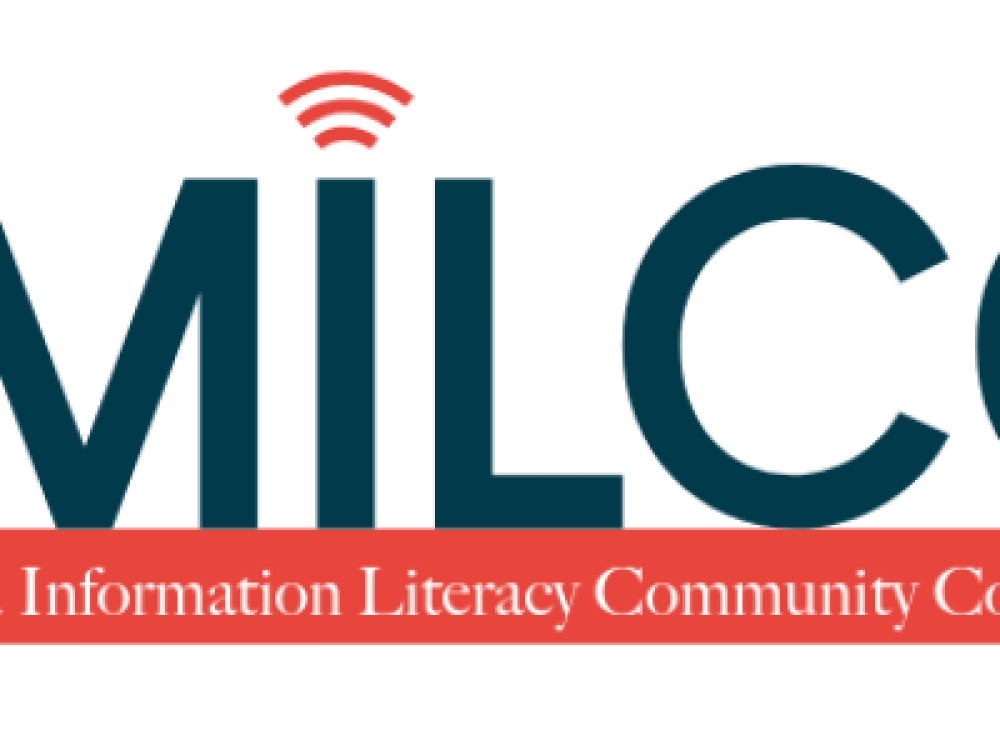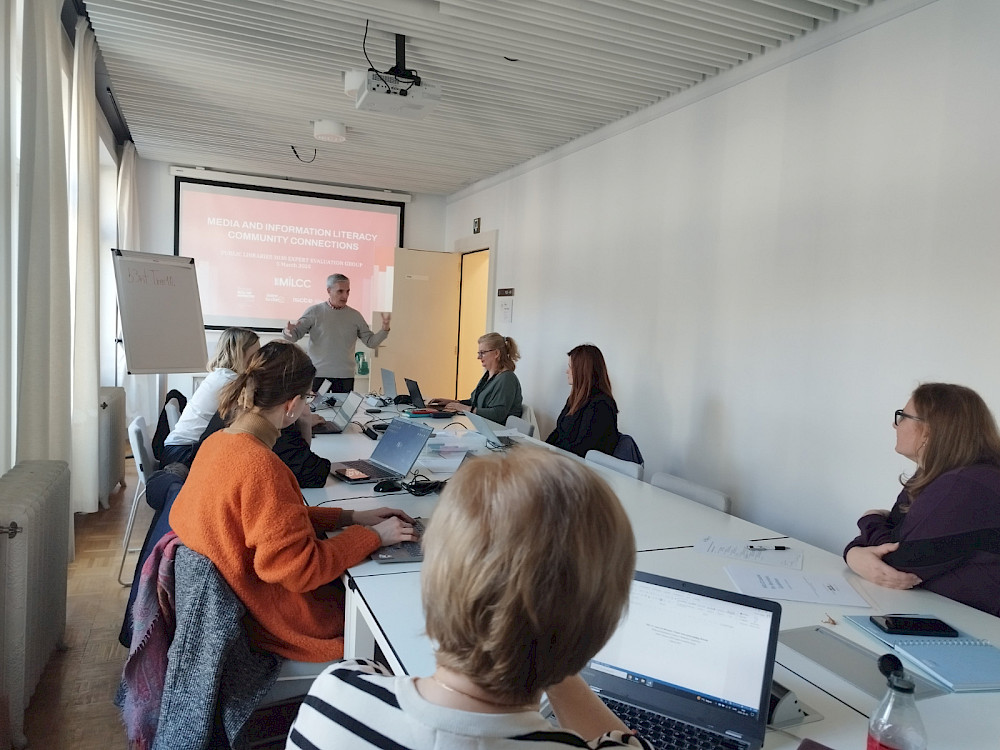Learn to Check has announced that a panel of international media and information literacy (MIL) experts will provide guidance to the MIL CC (Media and Information Literacy and Critical Competences) project. This initiative aims to empower public libraries to combat disinformation and promote critical thinking within their communities.
The advisory group comprises seasoned professionals in media literacy, digital verification, and public engagement. Their collective expertise will support the development of training materials and strategies tailored for librarians participating in the MIL CC program. By integrating insights from these experts, the MIL CC project seeks to enhance the capacity of public libraries to serve as hubs for media literacy education, fostering informed and resilient communities.
For more information, visit Learn to Check's official announcement here.
About MIL CC: Funded by the European Media and Information Fund and coordinated by the University Institute of Lisbon (Iscte), the MIL CC project aims to strengthen media and information literacy (MIL) across Europe by upskilling public librarians. Supported by partners in Portugal, Spain, and Ireland—including DGLAB, BAD, SEDIC, LGMA, Public Libraries 2030, and Media Literacy Ireland—the project will deliver a multilingual hybrid training course for librarians, establish clear standards for community-based MIL projects, and build a collaborative network of European libraries committed to advancing media literacy in local communities.
Related Projects

Reimagining Public Libraries as Spaces for Media Information Literacy Funded by the European Media and Information Fund and coordinated by University Institute of Lisbon (Iscte), this project responds to an urgent need to upskill Europe’s public librarians with media and information literacy (MIL). Public libraries play a crucial and trusted community role. They are venues for lifelong learning and social integration and they reach members of the community who are often neglected by traditio...


